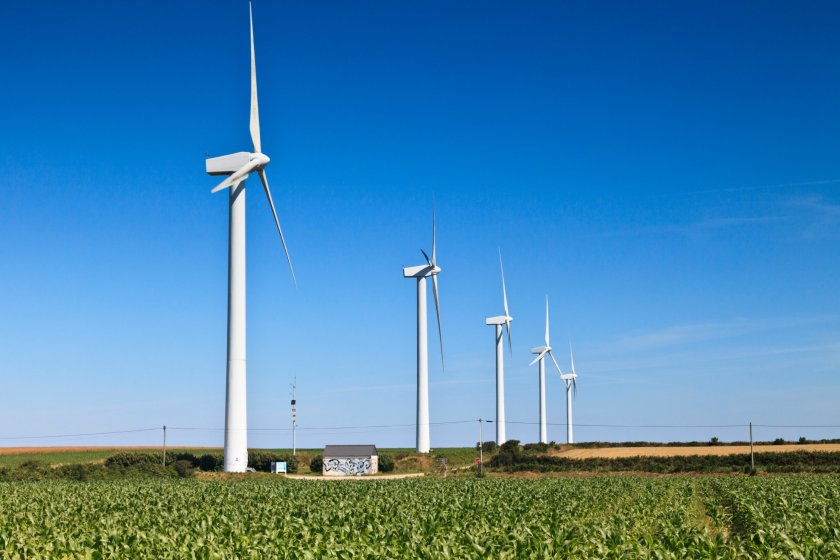Farmers face green energy 'injustice', experts warn

Getting to grips with the ‘energy injustice’ faced by farming businesses is one of the key challenges currently faced by the rural economy, experts have warned.
Restrictions impacting those farmers who are seeking to invest in small renewable energy projects, such as planning restrictions and a lack of grid capacity, should be removed.
This is according to a panel of experts brought together by the Farmers’ Union of Wales (FUW), as the Welsh government seeks to reach zero carbon emissions by 2050.
Experts were brought together to discuss how on-farm renewable energy projects can help towards meeting future targets, without undermining food production.
However, following the removal of feed-in energy production tariffs in 2019, on-farm investment into renewable energy has slowed down significantly.
In addition, farms who may have wished to invest in hydropower projects have been disincentivised after the business rates relief scheme for such projects came to an end in 2021 resulting in a ten-fold increase in rates costs.
Dewi Owen, FUW diversification committee chair told the panel: “Our reliance on and exposure to global fossil fuel markets has been laid bare over recent years.
"Vast amounts of renewable energy are produced on Welsh farmland, but we have only tapped into a fraction of what is possible.
"We need to ensure that barriers are removed and incentives restored in order to boost agriculture’s contribution to future energy targets.”
According to one renewable energy expert, rural communities are currently facing an ‘energy injustice’ and that the planning process for smaller scale renewable energy projects need to be streamlined.
Ed Bailey, director of Baileys and Partners, advises farmers on a range of projects including hydroelectric projects, commercial scale wind and solar farms, battery storage and tidal energy systems.
As a farmer himself, he recognises the increasing need to produce home-harvested energy whilst also protecting the biodiversity of the land in Wales and the continued viability of food production.
But he added that several of his clients were still facing huge barriers that were preventing them from making an active contribution towards these targets.
“What we lose when schemes are refused are support for a rural economy, support for the local communities and we lose confidence from investors," he said, adding that this had to be addressed.
“The National Grid was designed for centralised generation, and rural areas have been at the end of the line. Restructuring the whole grid would, of course, be too expensive.
"In my opinion, rural areas are facing an energy injustice, because of a lack of access to affordable low carbon energy," Mr Bailey explained.
"We need localised energy solutions, and we need to streamline the consenting regime for projects. It can put people off what can be pretty simple schemes, such as generating hydro power.”
Answering some of the concerns raised during the seminar, Wales' Minister for Climate Change, Julie James MS, said: “We want to make sure that the energy generation is there, also that the transmission networks are done in a way which is compatible with living in Wales.
"We are keen to work with all communities in Wales to create small energy networks so that they can create energy and store it to use when it’s most needed.
"And that’s where the planning system comes in. We want to get the planning system to properly consider the merits and impacts of the developments, and to make sure that they are properly routed in the right way.
“We’re here to make sure that we develop the local energy plans with the communities of Wales that do benefit them in that way, and that are compatible with our farm businesses and our communities across Wales.”
She added that the Welsh government had just reviewed Planning Policy Wales, and that should remove many of the barriers currently faced by smaller projects.
She said: “It would have a presumption in favour of small scale energy renewables, including single, community owned, wind turbines, and a number of other things.”








